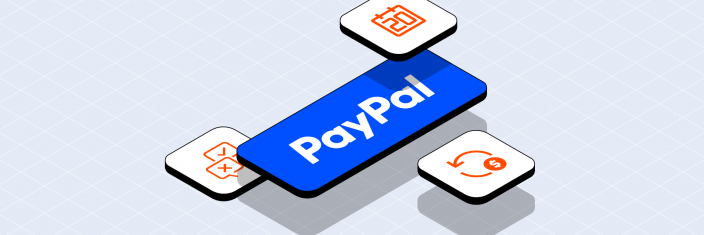Cash Disbursement
Cash disbursement signifies a payment initiated by one party to another. These transactions, often called cash payments or disbursements, can take various forms such as checks, e-checks, Automated Clearing House (ACH) transfers, digital payments, and any method resulting in an immediate deduction from the payer’s account.
Cash disbursements serve many purposes, including acquiring inventory, settling office supply bills, fulfilling business loan obligations, distributing dividends, covering outstanding accounts payable and employee salaries, and facilitating any other type of payout that doesn’t involve credit accounts or credit cards.
Moreover, when an intermediary, such as a lawyer, transfers funds to another party on your behalf, this, too, falls under the umbrella of cash disbursements.
Tracking cash disbursements is integral to managing cash flow effectively. If your company records more disbursements than incoming revenues, it serves as an early indicator that your business might be facing financial difficulties.
Cash disbursements shed light on the various payment methods employed and provide insights into the differentiation between disbursed and undisbursed funds. This detailed view enhances your understanding of your current cash flow status. For small businesses, meticulous monitoring of expenses is often imperative, as failing to do so can quickly lead to insolvency.
 PayPal
PayPal Blog
Blog

